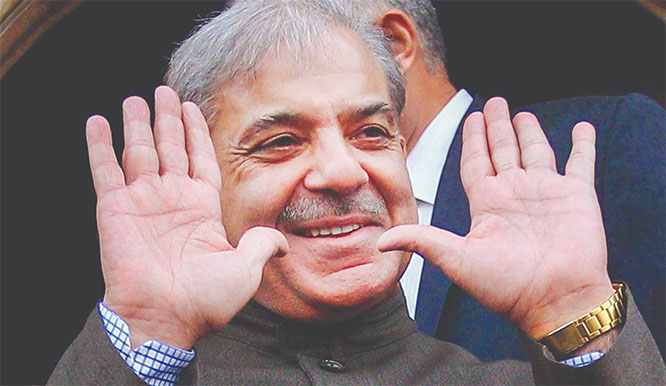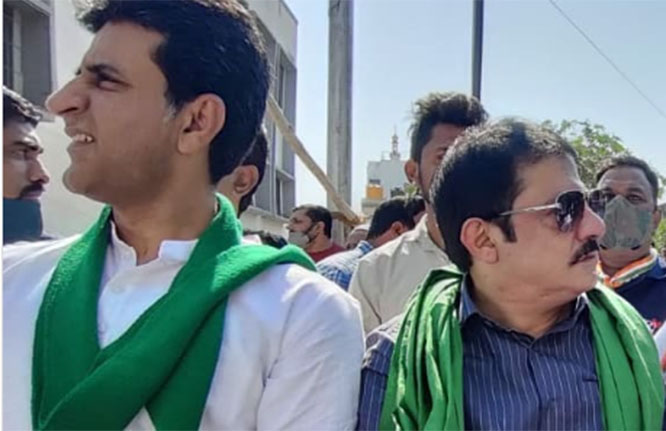
Pakistani legislators have elected Pakistan Muslim League (PMLN) leader Shehbaz Sharif as the country’s prime minister for a second term following a controversial election last month.
The South Asian country voted on February 8 in a vote marred by allegations of large-scale rigging and delayed results. On Sunday, the National Assembly, as the lower house of parliament is called, met to elect the premier.
“Shehbaz Sharif is declared to have been elected the prime minister of the Islamic Republic of Pakistan,” National Assembly Speaker Ayaz Sadiq said.
Shehbaz secured 201 votes in the 336-member National Assembly, comfortably prevailing over rival Omar Ayub Khan, who won 92. The winner needed at least 169 votes.
Khan was backed by the Sunni Ittehad Council (SIC), the political group legislators belonging to former Prime Minister Imran Khan’s Pakistan Tehreek-e-Insaf party joined after the PTI was barred from contesting for allegedly violating election laws.
Sharif, 72, served as prime minister until August last year when the National Assembly was dissolved to make way for a caretaker government, tasked with holding the national elections.
Shehbaz is the younger brother of three-time Prime Minister Nawaz Sharif, who founded the Pakistan Muslim League-Nawaz (PMLN) party, which is in alliance with the Pakistan Peoples Party (PPP) to form the government. Shehbaz is also the current PMLN president.
The National Assembly session on Sunday had a delayed start after the legislators belonging to the PTI-backed SIC raised slogans alleging Shehbaz came to power through electoral rigging.
The PTI, which was forced to field its candidates as independents after losing its election symbol, had emerged as the largest group with 93 seats. The party alleges its mandate was “stolen” and has kicked off street protests against the alleged rigging.
PTI leader Khan, who was removed through a parliamentary vote of no confidence in 2022, has been in jail since August last year following multiple convictions, including for revealing state secrets, corruption, and an “unlawful” wedding.
Pakistan, a country of 241 million people, is faced with political instability as it battles a declining economy and a rapidly deteriorating security situation.
While Khan’s supporters won 93 seats in the recent polls, PMLN won only 75 seats despite alleged rigging. Pakistan People's Party (PPP) secured 54 seats. 42 seats were won by others. To keep Khan away from power, PMLN, PPM and others forged an alliance after the poll.








Comments
Add new comment